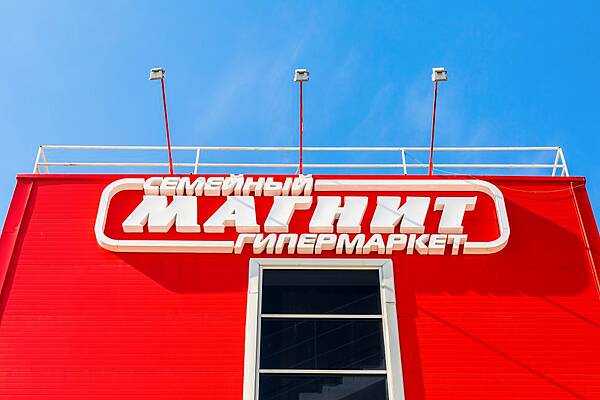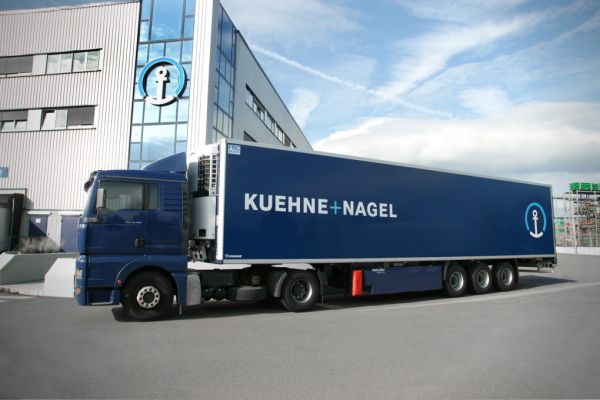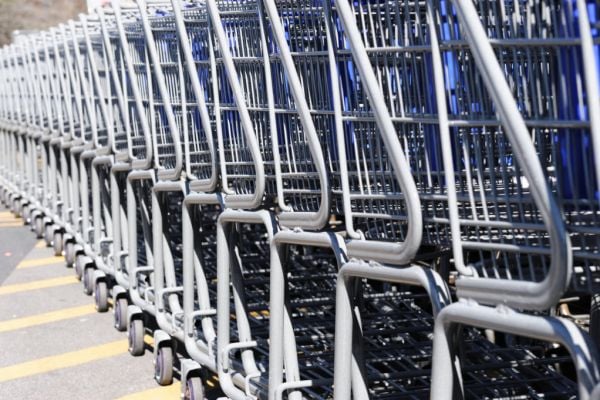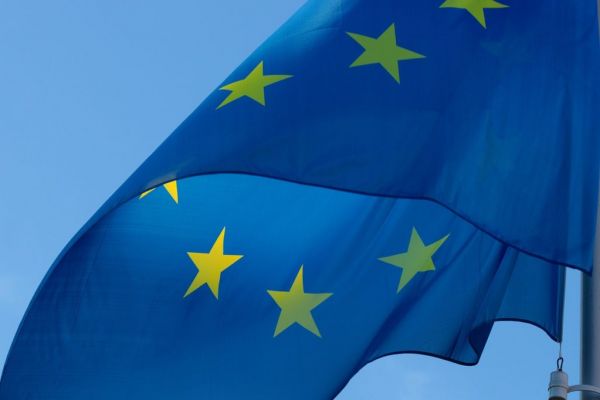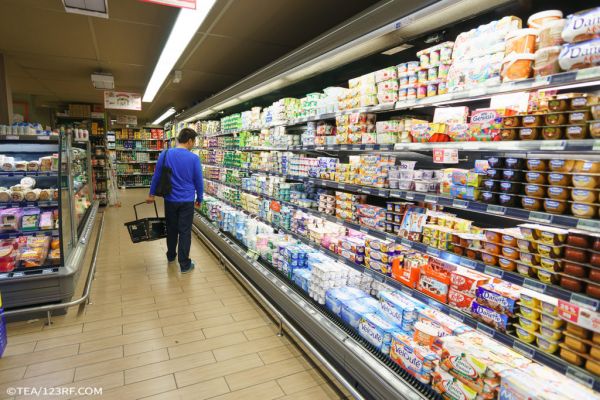Russian food retailer Magnit is focused on improving profitability between 2021 and 2025, driven by increased sales density and new technologies, the company has said.
Russia's retail landscape shifted in 2020 as the coronavirus pandemic kept consumers at home, driving demand for e-commerce and cheaper goods.
E-Grocery Platform
Magnit said it would create an e-grocery platform, capable of supporting 5% of company turnover, to better compete with rival X5, which overtook Magnit in revenue a few years ago.
Commercial margins, more private-label goods and new technologies are expected to boost gross margins, said acting CFO Dmitry Ivanov at a capital markets day.
The company aims for private label to make up 25% of sales by 2025.
Magnit said it is aiming to achieve an EBITDA (earnings before interest, taxes, depreciation, and amortisation) margin of 8%, up from 7% last year, while prioritising high returns and strong dividend payments for shareholders.
Magnit is transitioning from a supply-driven to a customer-centric approach, said chief executive Jan Dunning.
"Consumers are looking for value; they are looking for price quality," he said, adding that Magnit's private label would help in this regard.
Efficiency Improvements
Focusing on efficiency improvements, Dunning said Magnit plans to open 1,000 to 1,500 convenience stores, 750 to 1,000 pharmacies, and five to 15 supermarkets and superstores on a gross basis each year. Magnit added 1,292 stores on a gross basis in 2020.
Dunning said Magnit aims to open at least 100 'My Price' discount stores this year, responding to falling disposable incomes across Russia.
Rival X5 launched a hard discounter in October and cut-price retailer Fix Price is considering an IPO in London and Moscow.
Magnit said it would cap its net debt to EBITDA ratio at 2.0. At the end of 2020, the ratio stood at 1.1.
